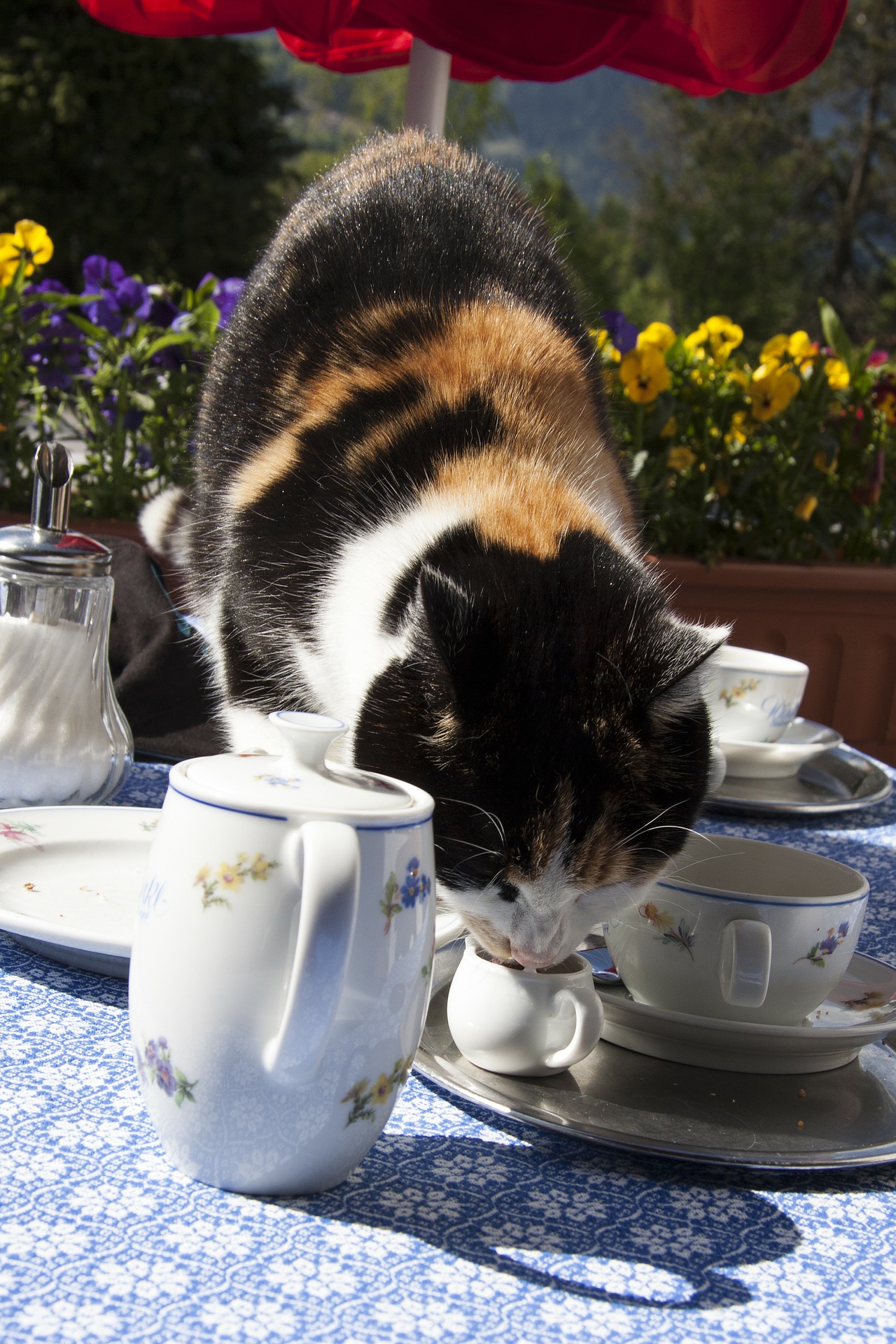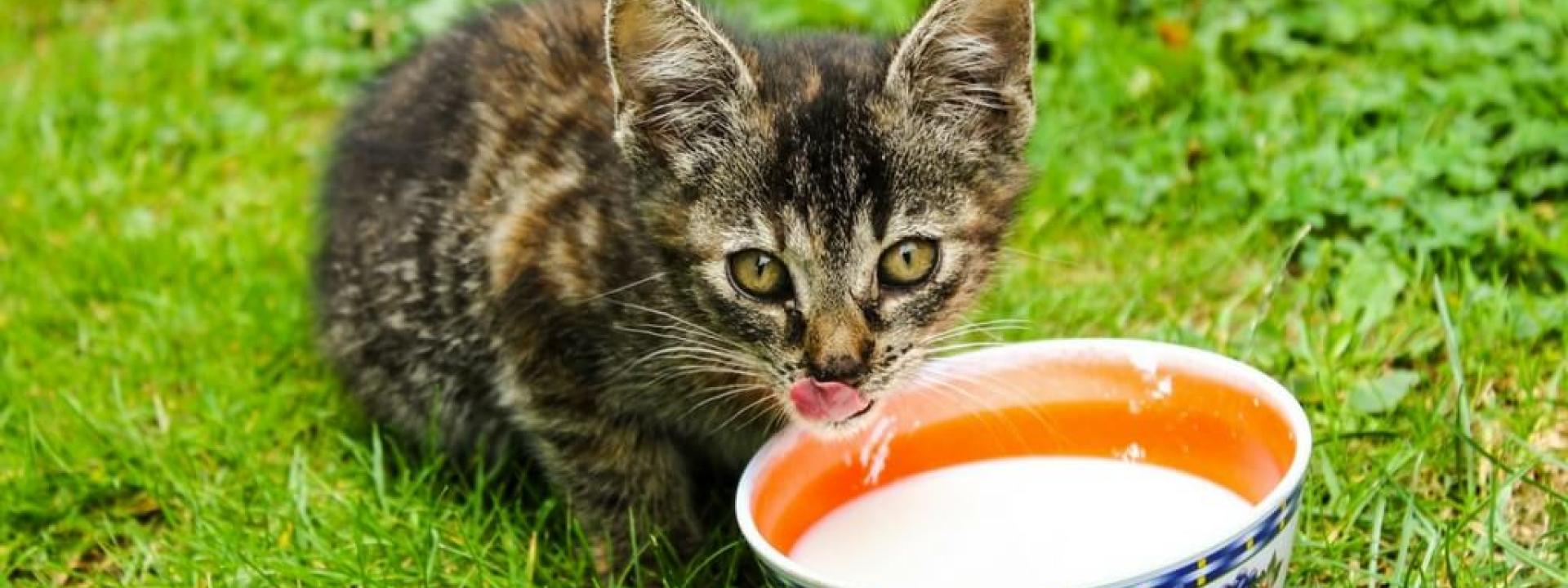Did you know that most cats are lactose intolerant? It’s true. While they’ll happily lap up the white stuff if you present it to them, for many cats this “treat” will result in stomach cramps, and that’s no fun.
Why Would Cats Be Lactose-Intolerant?
An article in Science Focus debunks the popular myth of the kitty with the saucer of milk by describing the biology of cats:
“Like all infant mammals, kittens are born able to digest the main sugar in milk, lactose. This sugar is a very valuable source of energy for young animals, but soon after they are weaned, the enzyme that enables them to digest it, lactase, begins to disappear from the gut. When an adult cat drinks milk, the indigestible lactose in its gut may start to ferment, causing a stomach upset."
Turns out, this is lactose intolerance is perfectly normal for both humans and cats.
According to Linda P. Case, MS, adjunct assistant professor at the University of Illinois College of Veterinary Medicine and author of The Cat: Its Behavior, Nutrition, and Health, "as we grow up, it’s normal for people and cats to begin producing less lactase. Less lactase means less ability to digest lactose. The result may eventually be lactose intolerance. When a lactose-intolerant cat drinks milk, the undigested lactose passes through the intestinal tract, drawing water with it, according to the Cornell University College of Veterinary Medicine's website. Bacteria in the colon also ferment the undigested sugars, producing volatile fatty acids. All that activity might lead to an upset tummy and induce vomiting." (Source)
Another symptom is diarrhea. If your cat is lactose intolerant, you'll know within 8 to 12 hours because they'll exhibit the symptoms of diarrhea, vomiting, or upset tummy.

What About Cats Who LOVE Their Milk?
While the majority of cats are lactose intolerant, there are those who love their milk. They may rub against your leg when you pull the milk carton out of the fridge or demand your cereal milk. Not every cat gets sick from milk, and if yours is one of the milk loving kitties, then check with us. It may be possible for you to give an occasional treat.
“If you want to give your cat milk, the safest bet is to purchase special lactose-free cat milk from your supermarket or pet store. Bear in mind that milk contains calories (water has none) so do keep it minimal. Obesity has serious health implications for cats.” (Source)
Better treats for cats include small tastes of tuna or other animal-derived protein. As you may know, cats have specific nutritional protein-based requirements that their bodies are better designed to handle than milk.
Are you surprised by that most cats are lactose intolerant? Many people are surprised. It's always a good idea discuss your pet's diet with your veterinarian to make sure you're not inadvertently feeding your cat something that can make her sick. Your veterinarian can make recommendations for the best cat food for your cat.

